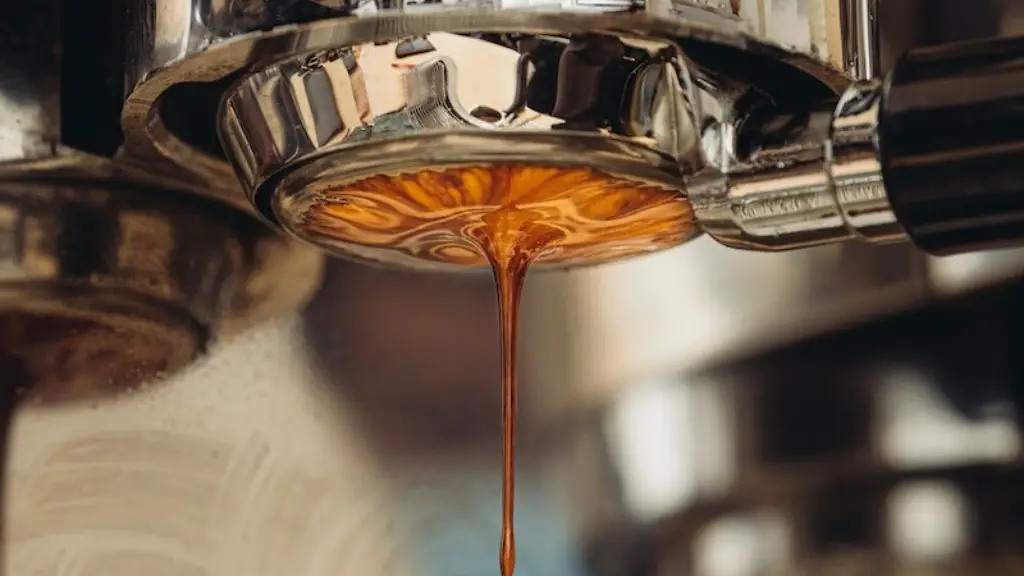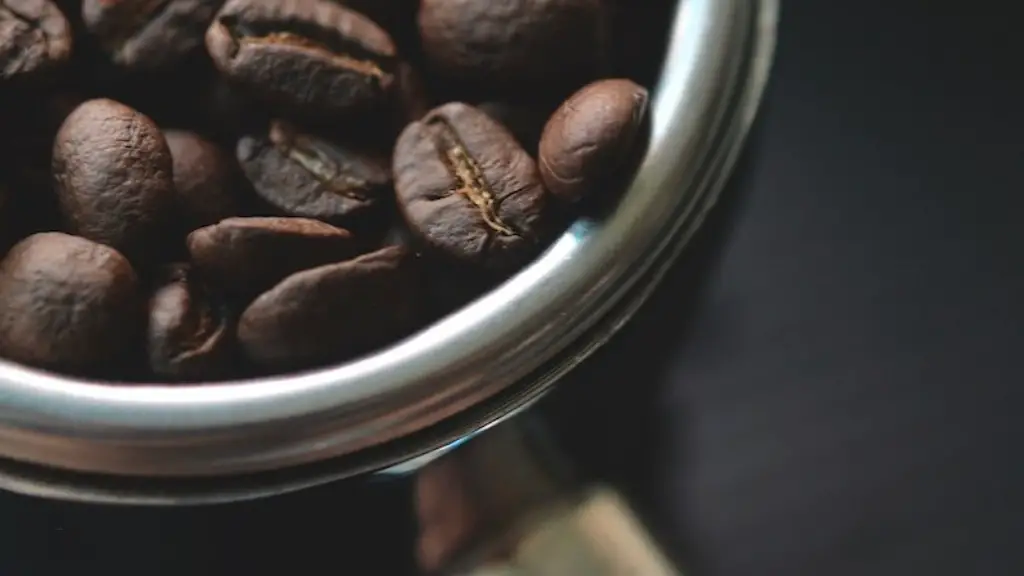Coffee and Health
Coffee is often thought of as a refreshing beverage meant to jump-start your morning, and for many, an enjoyable part of their day. However, in light of the recent awareness of the potential health risks of drinking coffee, the question of what role it can play in a healthy, balanced diet is becoming more pressing.
Among those at risk of health complications from consuming caffeine and coffee are those with diabetes. Diabetes is a chronic metabolic disorder where the body fails to properly utilize or produce insulin, resulting in abnormal glucose or blood sugar levels. Left uncontrolled, diabetes can lead to a whole host of other physical and mental health problems, many of which can be exacerbated by sugary drinks such as those containing caffeine. On the other hand, several studies have shown that those with diabetes may be able to consume some caffeine in moderation without any long-term health risks.
Coffee and Blood Sugar Levels
Studies suggest that the caffeine in coffee can in fact assist those with diabetes in maintaining and controlling their blood sugar levels. Consuming caffeine can increase physical activity, allowing more glucose to be absorbed into the muscles and cells, reducing the overall sugar level in the body. However, studies have also indicated that drinking more than two cups of coffee can have a negative effects on those with diabetes. A study conducted by the American Diabetes Association showed that more than two cups of coffee can actually increase blood sugar levels, leading to the potential for long-term health complications.
Tea and Blood Sugar Levels
Tea is widely accepted to be high in antioxidants and much lower in caffeine than coffee. Additionally, tea is a highly effective beverage at removing toxins from the body, which is especially beneficial for those with diabetes. Studies have indicated that tea has a low glycemic index, which means that it has the ability to stabilize blood sugar levels, even after consuming other high-sugar items.
Though there is no definitive answer as to whether coffee or tea is preferred for those with diabetes, it is important to note that those with diabetes should consult their doctor before altering their diet. Additionally, those with diabetes should consume caffeine and coffee in moderation, ideally no more than two cups per day. Increasing consumption of tea and other low-sugar beverages may be preferable to those with diabetes who are looking for a boost of energy throughout the day.
Observing Caffeine Intake
Observing caffeine intake is essential for those with diabetes as even a small amount of coffee can raise heart rate and lead to an increase in blood glucose levels. Caffeinated beverages also contain man-made chemicals and additives that should be avoided by diabetics. For those who are willing to take the extra steps to examining the ingredients of their food and beverages, there are many great alternatives available.
For a more natural approach to regulate blood sugar levels, diabetics can consider a variety of herbal teas such as nettle tea, chamomile tea, and hibiscus tea. These teas offer the same refreshing qualities of more traditional caffeinated drinks without the same potential for health risks.
Healthy Alternatives
For those looking for a more natural variation of their favorite caffeinated beverage, consider using a mineral-based sugar such as coconut sugar as a sugar substitute. Coconut sugar is similar to regular sugar in terms of energy, tastes much like traditional sugar, and is often free of synthetic chemicals and additives. While coconut sugar is still not recommended for diabetics in large amounts, it can be a viable option in moderate amounts to maintain blood sugar levels while satisfying sweet cravings.
Energizing with Healthier Choices
For those with diabetes, consuming caffeine beverages in moderation is one of the best methods for maintaining a healthy and balanced diet. Chose green, herbal, and lightly processed options when possible in order to minimize the potential health risks of consuming higher-sugar drinks. Additionally, select natural sugar sweeteners such as coconut sugar over traditional added-sugar options in order to provide more healthful and energizing alternatives.
Monitoring and Symptoms
After consuming caffeine beverages, diabetics should carefully observe any changes to their emotions, mindset, and physical condition. If experiencing any symptoms such as dizziness, rapid heartbeat, or unusual changes to your glucose levels, contact a healthcare professional immediately. Additionally, it may be wise to consider writing down any changes or observations after drinking caffeinated beverages in order to more accurately monitor changes and better manage healthy activities.
Caffeine and Supplements
Diabetics who want to gain the benefits of caffeine and reduce their risks can try supplements, such as Caffemaxx. These supplements are specifically designed for diabetics and contain herbs that reduce the side effects of caffeine and are rich in antioxidants. Caffeine intake should still be monitored, as some supplements do contain high levels of caffeine, which can lead to increased blood sugar levels.
Balance, Moderation, and Timing
Ultimately, the key to managing diabetes with caffeine is to find the right balance, moderation and timing. Avoiding excess amounts of caffeine is probably the most important part to controlling diabetes and maintaining glucose levels. Additionally, aiming for a time period of about 4-6 hours between caffeine intake and meals should help to stabilize glucose and reduce health risks. With the correct decisions, diabetics can still enjoy the benefits of caffeinated beverages without damaging their health.


